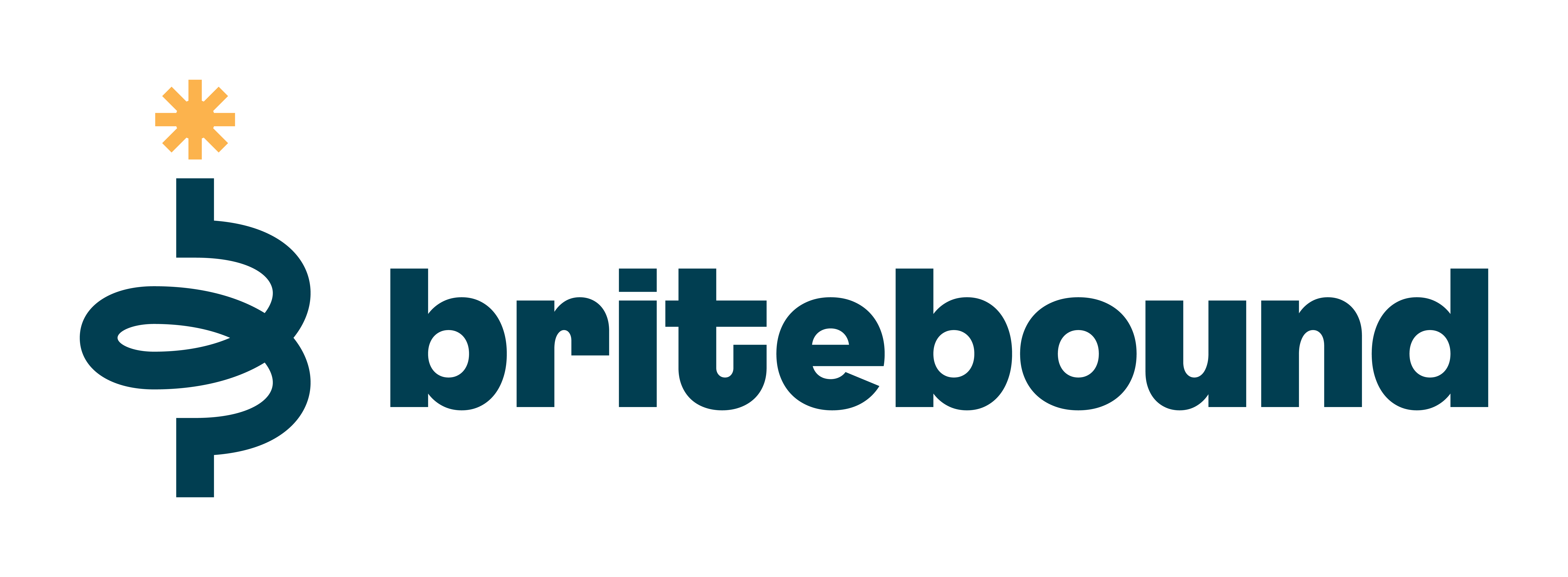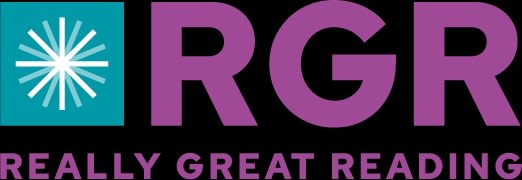Dive Brief:
- A disciplinary theory rooted in policing is at work in the chain of UP Network charter schools, which suspended 325 students in the 2014-15 school year.
- Infractions and penalties are given even for minor offenses, like talking in the hallways between classes or wiggling while seated in the classroom; others involve having students wear clothespins if they misbehave, a form of social shaming.
- Over the 2014-2015 academic year, one UP Academy school suspended kindergartners more times than any other Massachusetts school; the school has since ceased suspending kindergarteners.
Dive Insight:
After substantial outcry over the high suspension rate, the UP Network halted its practice of suspending five-year-olds. That trend is reflected across the country in Seattle, where the Seattle School Board voted to end to suspensions for elementary school students who committed certain nonviolent offenses. There, the move came while the district was under investigation by the Office of Civil Rights over its treatment of black students.
Harsh punishments and disciplinary tactics have proven, overall, to disproportionately impact black, Hispanic, and disabled student populations. Systemic disparities exist nationwide, and the impact of such inequity led to the creation of a phenomenon known as the school-to-prison pipeline. Today, dismantling the pipeline is a priority for many schools. California currently leads national efforts.




 Dive Awards
Dive Awards








